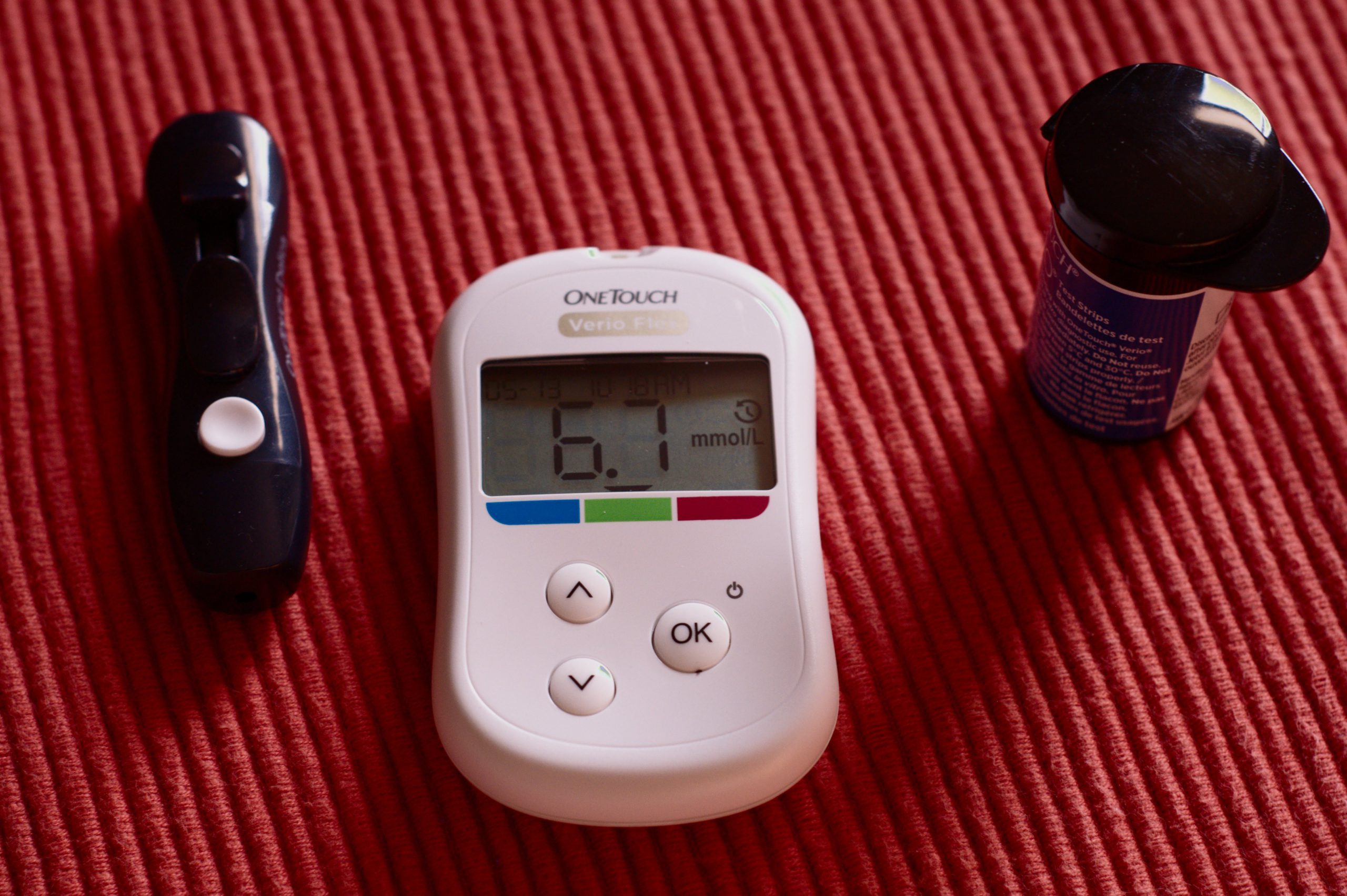COVID-19 is just one disease, but it has impacted healthcare in so many ways. In a survey by InCrowd, 69 percent of people with chronic diseases reported that the pandemic negatively impacted their capacity to manage their illness.
People with diabetes, in particular, were hit harder than others. Diabetes is a condition that requires constant observation and medical attention, especially in its more advanced stages. While people suffering from this condition are no more likely to get infected than any other, healthcare news outlets have reported that the risk for severe and fatal complications is 50 percent higher.
Insufficient Access to Healthcare
Even before the pandemic, there were many areas in America designated as Health Professional Shortage Areas or HPSAs. These were usually rural or locations that were too far-flung from the nearest healthcare facility. Quite a few cities were also designated as HPSAs simply because the population had outpaced the number of healthcare facilities and professionals in the area.
Over 81 million Americans were living in one of the 7,200 HPSAs in the USA. That’s one out of 4 Americans without adequate access to healthcare. One can only imagine that people with diabetes and other chronic diseases living in these areas are suffering unnecessarily.
Virtual Diabetes Programs
The treatment of diabetes needs a deep connection between patient and provider. While the patient still needs to manage all the lifestyle changes needed to deal with this condition, these are often more successful with the guidance of a doctor or other healthcare professional.
While online interactions can’t replace in-person check-ups, online and virtual avenues should not be discounted. Not all medical advice or recommendations have to be delivered in person, but virtual diabetes programs involving video conferencing and online calls can make up for the distance.
Such programs can help educate patients from the comfort and safety of their own homes. Healthcare professionals can teach people with diabetes how to self-manage their conditions to avoid unnecessary trips to the hospital. Online tools to track patient engagement and progress can also be designed to streamline the treatment even more.
Education Programs for Type 1 and Type 2 Diabetes
For Type 1 Diabetes, in-depth education on food, exercise, insulin, glucose monitoring, and the more social aspects of the condition should be addressed. There should also be different programs aimed at people of different ages. Children, their parents, and older patients should have materials tailored to their level of understanding.
The same can be said of people with Type 2 Diabetes. Treatment options and management guides should be provided for patients who have been diagnosed early. People who have managed their illness poorly should also be provided options as to their treatment.
Short-term plans and programs could also be designed for pregnant women with gestational diabetes.
Final thoughts
The healthcare industry has suffered much at the hands of the COVID-19 pandemic. Patients and healthcare professionals alike have been severely impacted in so many ways. As such, it is important for providers and facilities to upgrade and innovate their treatment. Through Virtual Diabetes Programs, you could give someone too far away from hospital access the medical resources they need.
For more healthcare news, send us at Dose of Healthcare a message. We provide the latest information in the field of medicine, giving professionals and patients alike a better glimpse of current affairs in health.


















